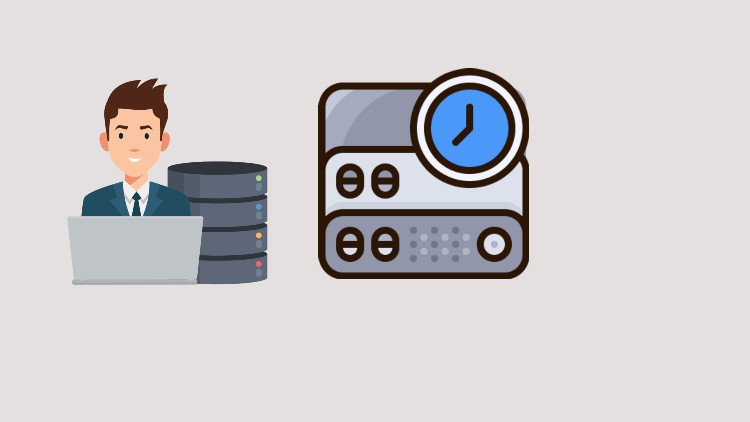
Gain Real World Data Analytics Skills using SQL
What you will learn
Perform data analysis with SQL
Write Real World SQL Queries
Write queries to get all data from a database
Write queries to get specific data from a database
Write queries to get data from multiple database tables
Write queries to add new data to a database
Write queries to update existing data in the database
Write queries to remove data from the database
Write queries to filter data from a database
Write queries to sort data from a database
Write queries to join data from multiple tables in a database
Description
Data analysis is a process of inspecting, cleansing, transforming, and modelling data with the goal of discovering useful information, informing conclusions, and supporting decision-making.
Using SQL for data analysis refers to the database querying language’s ability to interact with databases , as well as its use of relational databases. SQL is one of the most commonly used and flexible languages, as it combines a surprisingly accessible learning curve with a complex depth that lets users create advanced tools and dashboards for data analytics.
SQL is also commonly used to perform small to complex data analysis.
SQL is a standard language for storing, manipulating and retrieving data in databases.
SQL stands for Structured Query Language. SQL lets you access and manipulate databases
- SQL can execute queries against a database
- SQL can retrieve data from a database
- SQL can insert records in a database
- SQL can update records in a database
- SQL can delete records from a database
- SQL can create new databases
- SQL can create new tables in a database
- SQL can create stored procedures in a database
- SQL can create views in a database
This course provides several exercises for you practice your SQL skills. The course also walks you through the solutions to these questions step by step. and explains important key concepts to give you a better understanding.
SQL is necessary for almost everything data related. Database systems have been around since the 1970’s and are used extensively at all companies and organizations. And to work with these databases at anything other than a very basic level, you need to understand and write SQL. And unlike some other technologies and programming languages (which change very frequently), SQL is much more stable. Once you learn it, it’s a skill you can use for a lifetime.
Content